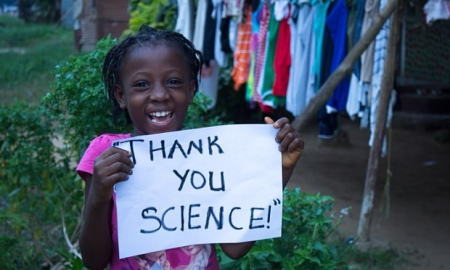 The Freudian unconscious also has a formal aspect and is not merely a matter of content: recall the cases where Freud interprets a dream so that what is repressed/excluded from its content returns as a feature of the form of the dream…the true secret of the dream is not its content…but the form itself. –Slavoj Žižek (2014)
The Freudian unconscious also has a formal aspect and is not merely a matter of content: recall the cases where Freud interprets a dream so that what is repressed/excluded from its content returns as a feature of the form of the dream…the true secret of the dream is not its content…but the form itself. –Slavoj Žižek (2014)
News of Ebola in West Africa is ping ponging between joyous declarations the outbreak is over to abashed announcements of its return.
One is reminded of the Onion‘s farcical September 1939 front page: “WA-“. Both a denouement denied and, in the other direction, the return of the repressed.
Our group’s latest commentary, just published online in the International Journal of Health Services, a review and extension of previous work, proposes an explanation for the never-quite-ending outbreak,
[R]egional neoliberalism may affix the stochastic ‘friction’ of ecological relationships imposed by the forest across populations, which, when above a threshold, keeps the virus from lining up transmission above replacement. Export-led logging, mining, and intensive agriculture may depress such functional noise, permitting novel spillovers [across species] larger forces of infection. Mature outbreaks, meanwhile, can continue to circulate even in the face of efficient vaccines.




